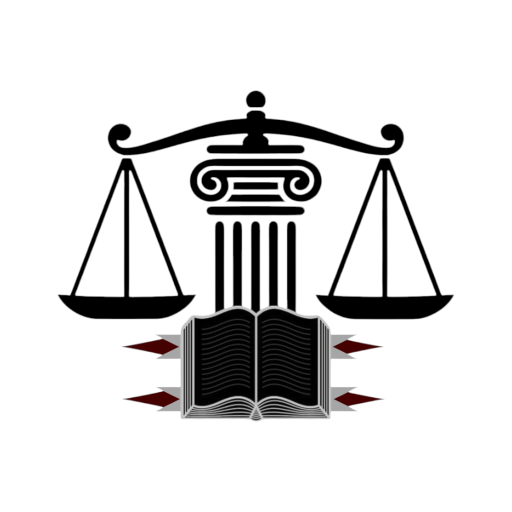Meaning and Definition of Law
Introduction:
The term “Law’ denotes different kinds of rules and Principles. Simply law consists of rules and regulations enforced by the state in every society. It is a formal means of social control that involves the use of rules that are interpreted and enforced by the courts of a political community. Law is a social science that grows and develops with the growth and development of society.
Law is an instrument which regulates human conduct/behavior. Law means Justice, Morality, Reason, Order, and Righteous from the point of view of the society. Law means Statutes, Acts, Rules, Regulations, Orders, and Ordinances from point of view of legislature.
Meaning & Derivation:
The word, “Law” has been taken from the ‘Latin word’ which means “The body of Rules”
Definition:
The word “law” has different connotations in respect of its use.Various schools of law have defined law from different angles. Some define it on the basis of its nature. Some concentrate mainly on its sources. Some defined it in terms of its effect on society. Different scholars has attempted to define this term according to their own prospective. Some of them are as under:-
Law is the art or science of what is equitable and good.
Salmond’s definition of law:
Law is the body of principles recognized and enforced by the state in the administration of justice.
Holland’s definition of law:
General rules of external human action enforced by sovereign political authority.
Pound’s definition of law:
Law is an instrument for balancing conflict or competing interest of people in society.
Professor Green:
Law is the system of rights and obligations which the state enjoys.
Austin’s definition of law:
Law is the command of sovereign. It imposes a duty and is backed by a sanction. In other words, “law is the aggregate of rules set by men as politically superior, or sovereign, to men as politically subjects.”
REQUIREMENTS FOR LAW
The followings are some requirements for the definitions of law:-
i) Before the law there is a State.
ii) Before the State there must be a society.
iii) State & society develop a legal order to be followed.
iv) And finally law always has a purpose.
Functions and Purpose of Law:
Justice, Stability and Peaceful Change…etc are the main purpose of law.
Law is an instrument of the society, which is aimed to achieve certain purpose and perform certain functions. Following are considered the object and functions of the law.
- · Certainty, uniformity and predictability.
- · Impartiality in the court decisions.
- · Maximizing the fulfilment of the interests of the community.
- · Promotion of the smooth running of the machinery of the society.
- · Rule of law.
- · Stability and security of social order.
Advantages of (codified) Law:
Following are the merits/advantages of law are
- · Uniformity and certainty
- · Equality and impartiality
- · Reliability
- · Protection against improper motives of judges
- · Freedom from the errors of individual judgment
Disadvantages of (codified) Law:
Main disadvantages of law are:
- · Rigidity leading to hardship and injustice
- · Conservation
- · Formalism
- · Complexity
CONCLUSION:
To conclude, we may say that Law means justice, morality, reason, order and righteous from the view point of the society. According to Holland, the function of law is to confirm the well being of the society.
Published By: Ali Shaheen
